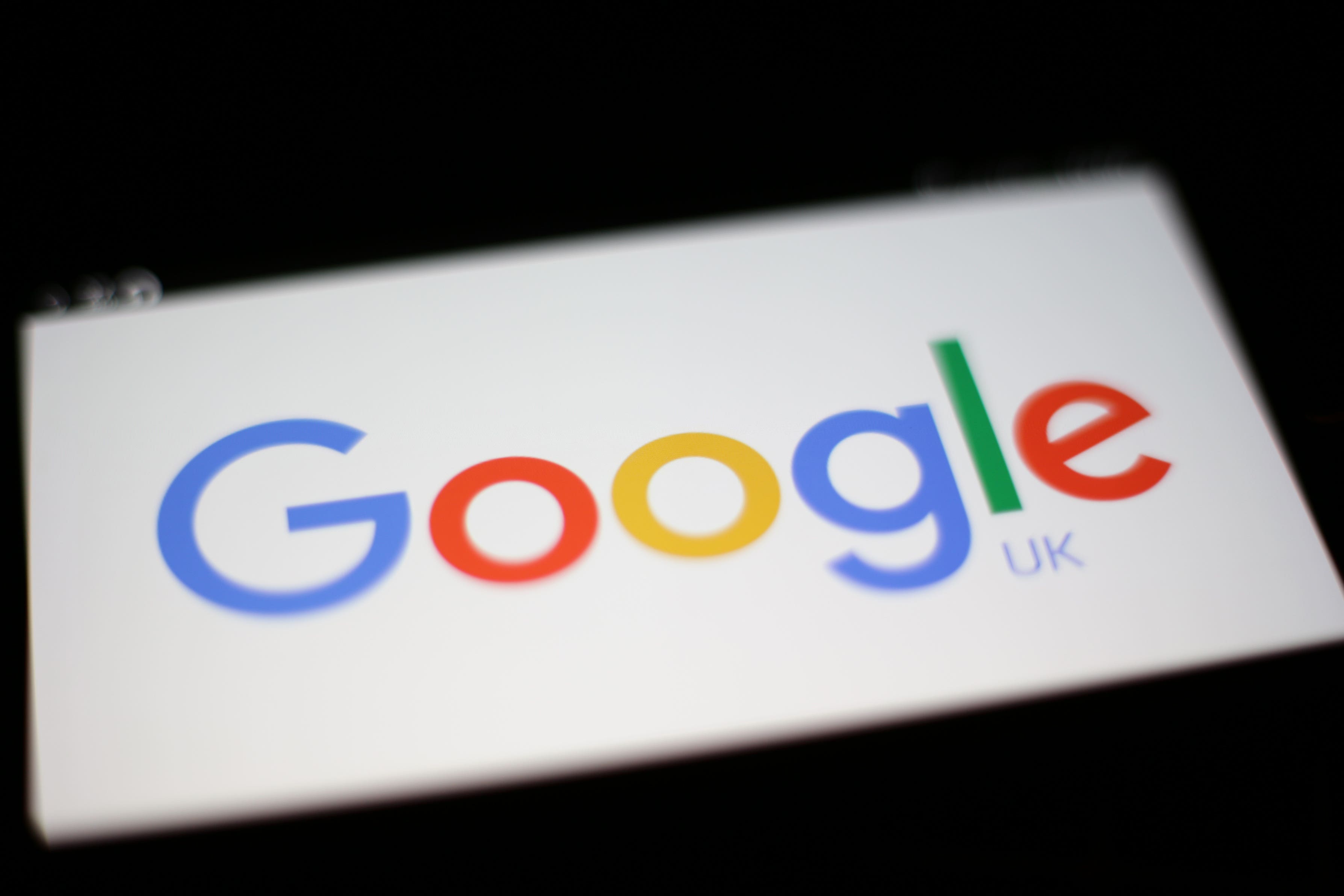Google rival to ChatGPT begins rollout across UK
Bard will become available to a small number of UK and US users from Tuesday

Google has begun rolling out its rival to ChatGPT.
The tech giant said it is giving some over 18s in the UK and US access to its Bard chatbot from Tuesday.
The company hopes the artificial intelligence tool will be available in more countries and different languages over time.
Unlike its rival, which was developed by OpenAI, the brand new bot has access to the internet and has a “Google It” button which accesses search.
It also quotes its sources and directs users to a relevant webpage if it has made extensive use of it when answering a question.
Google said it hopes its invention will allow people to be more productive, creative and curious.
The California-based company said the device can help people with tasks such as planning a party by coming up with a to-do list and invitations – freeing up the user’s time and brain power for “more high-level tasks”.
It can also help people come up with new ideas and explain concepts a user may not be familiar with.
It was pre-trained on data from publicly available sources, which allows it to pick up patterns in language and use them to predict the likely next word in a sequence.
Users prompt it, for example by asking a question, and it drafts responses which are then checked against safety metrics.
However, Google warned Bard may share misinformation and could display biases.
The tech firm said the device is “not yet fully capable of distinguishing between what is accurate and inaccurate information” because it predicts answers based on others it has learned from.
Biases can be caused by “gaps, biases and stereotypes in training data” and Google said that, because it is supposed to give users multiple perspectives on political and social issues, it can sometimes incorporate controversial views into its responses.
The AI tool may sometimes suggest it has emotions and feelings because of the language it has been exposed to.
It has filters to prevent it coming up with offensive responses or comments – but these can occasionally fail, the tech company warned.
Google said responsibility and safety underpin all its work, and the chatbot is designed to have a social benefit.
Rival chatbot ChatGPT had more than a million users within a week of its launch in November 2022, according to OpenAI.
Microsoft has opened up an early lead in AI-powered technology and began deploying ChatGPT to its Bing search engine last month.
Last week, Microsoft embedded more AI-powered technology in its word processing, spreadsheet and slide presentation programmes with a new feature called Copilot.
Bookmark popover
Removed from bookmarks